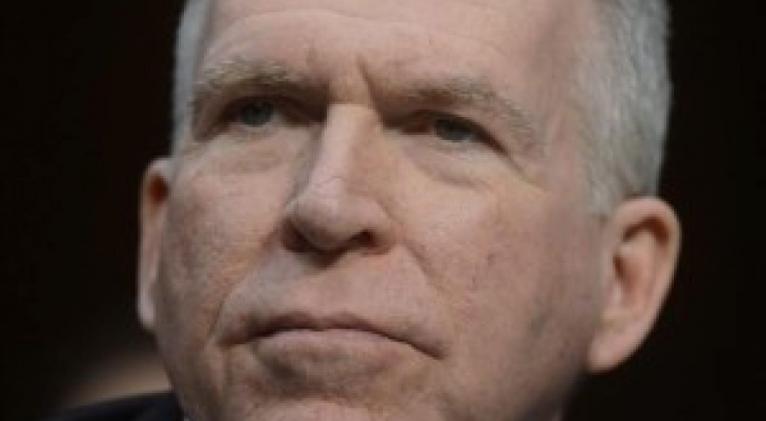CIA Chief Defends Agency’s Work after 9-11, Legality of Interrogations

Brennan spoke from CIA headquarters in Langley, Virginia, in response to a Senate Intelligence Committee report released earlier this week.
That report, the result of a more-than-five-year investigation, says that the CIA used “more brutal” and less effective interrogation procedures than the agency had admitted in the years after the attacks on the World Trade Center and Pentagon.
There were “no easy answers” following those attacks, Brennan said Thursday, noting that the CIA “was not prepared” to undertake a program of detention and interrogation such as the one assigned to it.
There were cases in which CIA agents used practices “that had not been authorized” and that were “abhorrent,” and the “individuals that were given the responsibility to carry out this work were ones who were trying to do their best and at times came up short,” Brennan said in an unusual speech broadcast on the major television networks.
But he noted that valuable information was obtained from detainees who underwent severe interrogation procedures and it remains “unknowable” whether conventional questioning alone could have provided the same intelligence.
According to the Senate report, the “enhanced” interrogation techniques used on terrorism suspects in the eight years after the 9-11 attacks included simulated drowning – known as “waterboarding” – dousing in freezing water, sleep deprivation for more than a week at a time, “rectal hydration” and death and abuse threats.
Many of the terrorism suspects detained and questioned in this way provided “useful and valuable” intelligence information, Brennan claimed, adding that such information “was used” in the operation to locate and kill Al Qaeda leader Osama bin Laden in Pakistan in 2011, something that the Senate report casts doubt upon.
At the same time, however, the CIA chief said that he completely supports President Barack Obama’s decision to prohibit those techniques upon entering the White House in 2009, but he refused to say whether or not he considered them to be “torture.”
Obama said on Tuesday that such practices “did significant damage to America’s standing in the world and made it harder to pursue our interests with allies and partners.”
“No nation is perfect. But one of the strengths that makes America exceptional is our willingness to openly confront our past, face our imperfections, make changes and do better,” said Obama, who added that acting in accord with the nation’s values “doesn’t make us weaker, it makes us stronger.”













Add new comment